Join Our 12th January 2026 Intake
Join, Learn & Innovate. Join our Data Science, Data Analytics & AI Engineering classes in January.
What Causes Social Anxiety? Data-Driven Insights & Practical Solutions
- 8 April 2025
- Posted by: Benedict Kiprono
- Category: Articles Data Storytelling
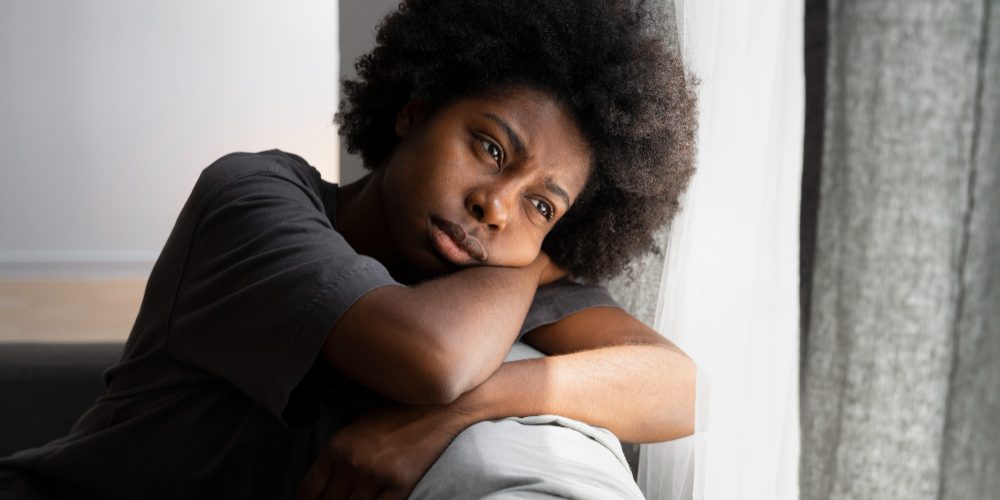
At Jenga eLearning’s Data Storytelling Hub, we believe that powerful stories lie within data and when told right, they can inspire real-world change. One of our students recently analyzed a rich dataset on social anxiety, revealing eye-opening patterns around everyday habits like sleep, caffeine, exercise, and more.
Whether you’re a data enthusiast or simply someone seeking to improve mental health, these findings offer practical steps backed by data science. Here’s what we learned:
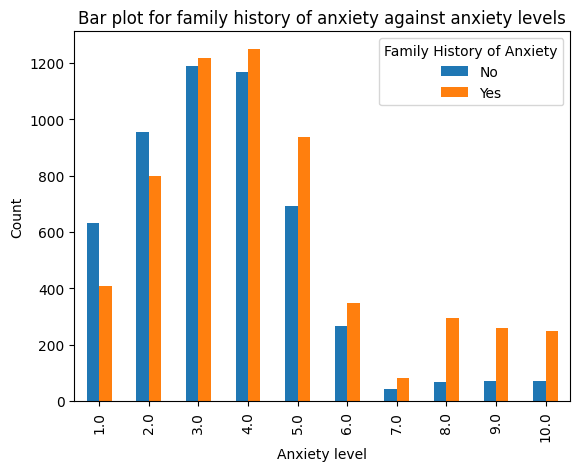
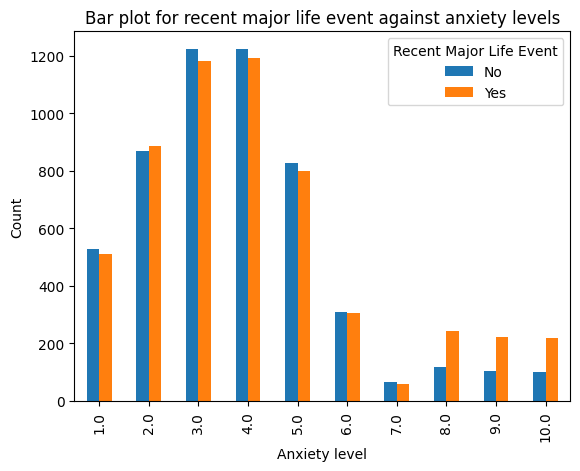
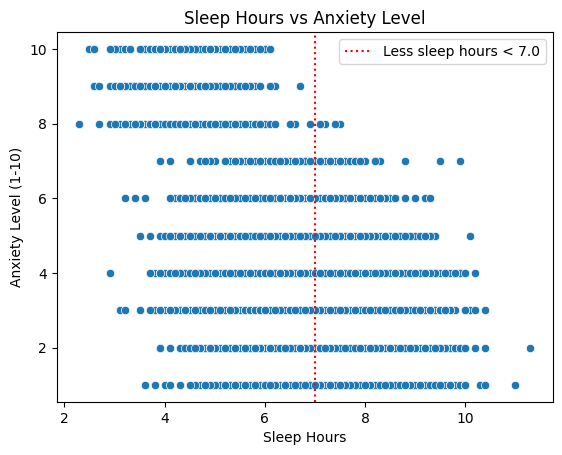
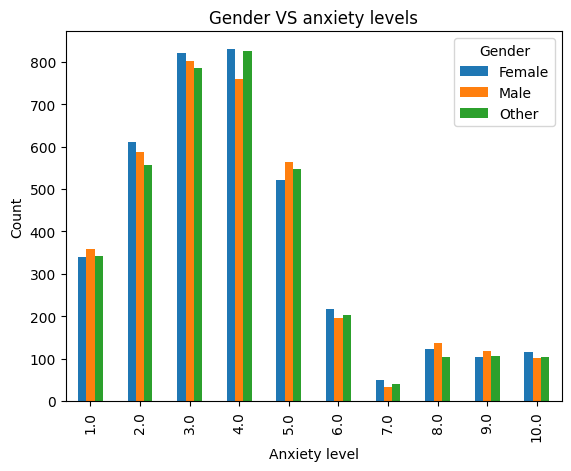
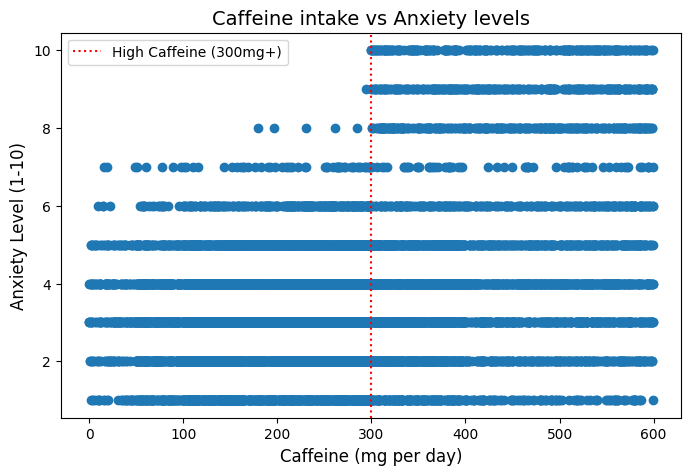
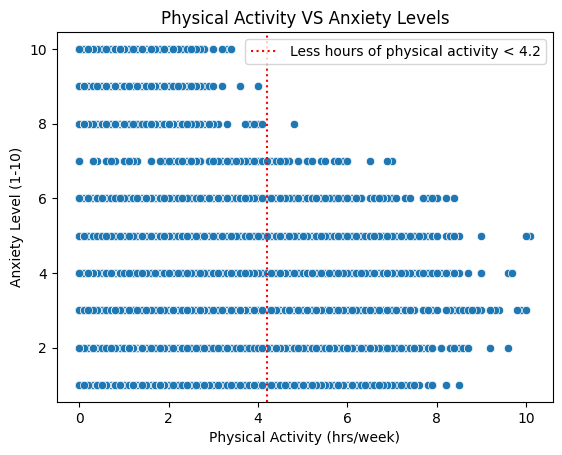
- Key Insights from the Social Anxiety Dataset
-
Lack of Sleep Increases Anxiety by 49%
People who sleep less than 7 hours a night have nearly 50% higher anxiety levels compared to those sleeping more than 7 hours. -
Too Much Caffeine Raises Anxiety by 20%
Individuals consuming 300mg or more of caffeine per day (about 2–3 cups of coffee) have 20% higher anxiety than those who drink less. -
Not Exercising Enough = 24% More Anxiety
People exercising less than 4.2 hours per week experience 24% higher anxiety levels. -
More Alcohol, More Anxiety
Those consuming 5 or more alcoholic drinks per week show a 10% increase in anxiety. -
Smoking Strongly Linked to Anxiety
A staggering 70% of individuals with high anxiety levels are smokers. -
Stress is a Major Factor
Individuals with stress levels above 5 (on a 10-point scale) have 66% higher anxiety. -
Life Events Matter
50% of individuals with high anxiety experienced a major life event recently. -
Poor Diet = 22% Higher Anxiety
People with low diet quality (less nutritious foods) show a 22% increase in anxiety. -
Family History Plays a Role
Over 60% of individuals with high anxiety levels have a family history of anxiety.
- Data-Driven Recommendations to Reduce Anxiety
Based on these insights, here are 9 practical changes you can make to lower anxiety levels significantly:
-
-
Prioritize Quality Sleep
Create a bedtime routine that ensures 7+ hours of sleep nightly to reduce anxiety by up to 49%. -
Reduce Caffeine Intake
Stick to less than 300mg/day (about 2 cups of coffee) to lower anxiety by 20%. -
Exercise Regularly
Aim for 4.2+ hours of exercise per week—just 36 minutes a day! This could reduce anxiety by 24%. -
Limit Alcohol Consumption
Keep alcohol intake to under 5 drinks per week for a 10% decrease in anxiety. -
Quit Smoking
Replace smoking with healthier habits like chewing gum. This can significantly ease anxiety levels. -
Eat a Balanced Diet
Shift towards healthy eating—vegetables, fruits, whole grains—to reduce anxiety by 22%. -
Manage Stress Proactively
Talk to a friend or professional, and learn stress-coping techniques. It can help cut anxiety by a huge 66%. -
Seek Support After Life Events
If you’ve gone through a breakup, job loss, or bereavement, counseling or peer support can reduce anxiety by up to 50%. -
Know Your Family History
If anxiety runs in your family, consider preventive checkups and early interventions. It can make a 60% difference.
-
- Want to Build Projects Like This?
Join our community and start learning Data Analytics, Machine Learning, and more, from zero to career-ready.
2 Comments
Leave a Reply Cancel reply
Need help? Our team is just a message away

It’s quite commendable my dream to reach this level
You will definitely get here!